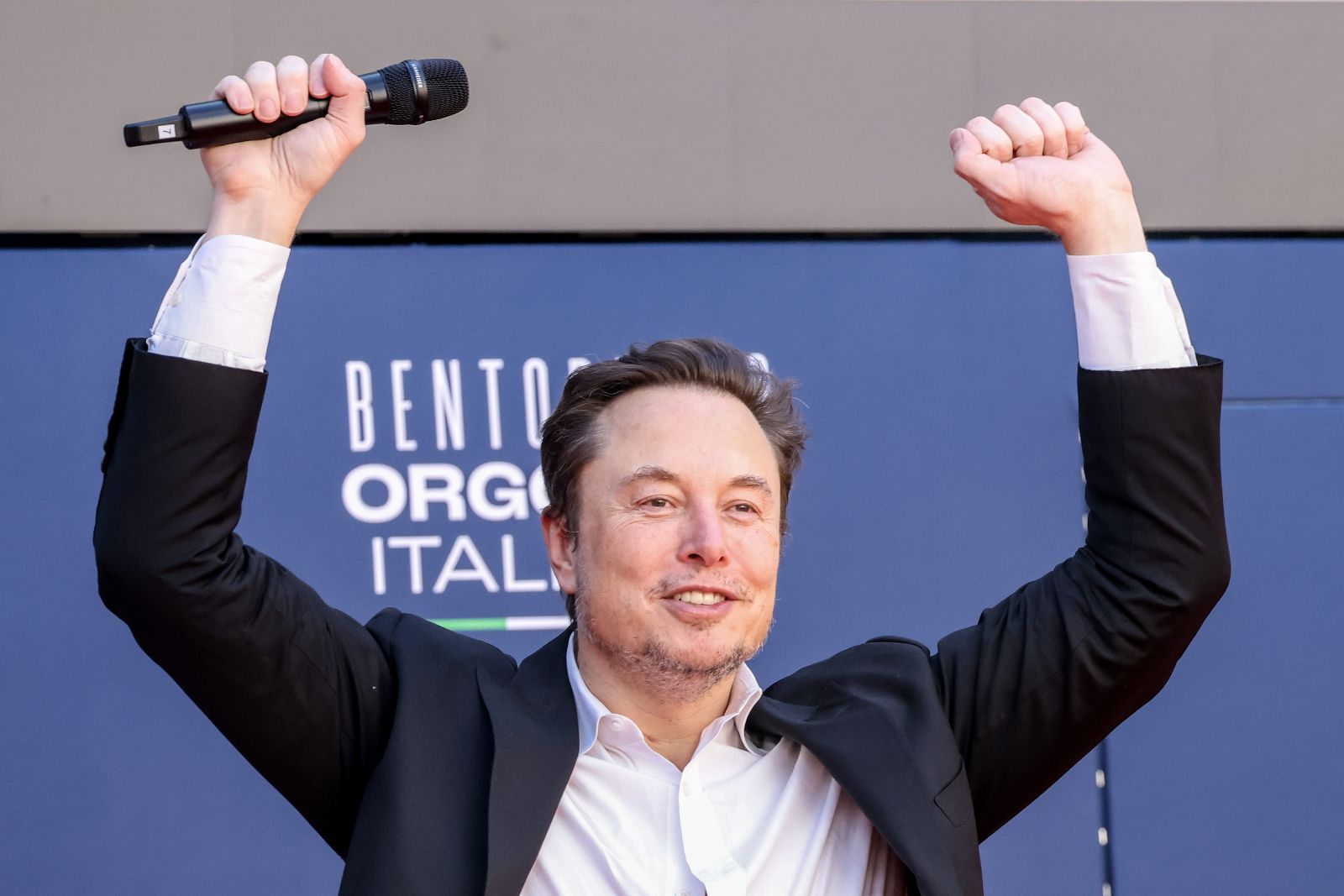Elon Musk’s Tesla Warns Trump’s Big Beautiful Bill Could ‘Threaten America’s Energy Independence’ and Cost Them Billions

Elon Musk’s Tesla (TSLA) has issued a stark warning to lawmakers over President Donald Trump’s signature legislative package, the “One Big Beautiful Bill Act,” arguing that its provisions could undermine America’s energy independence and cost the company — and the broader clean energy sector — billions of dollars.
Tesla’s Public Rebuke
In a rare and pointed move, Tesla’s Energy division took to social media on May 28 to directly challenge the bill’s plan to abruptly end federal tax credits for electric vehicles (EVs) and clean energy projects. “Abruptly ending the energy tax credits would threaten America's energy independence and the reliability of our grid — we urge the Senate to enact legislation with a sensible wind-down of 25D and 48e,” the company stated, referencing the key tax credits for solar and energy storage.
Tesla warned that without these incentives, the U.S. risks slowing the deployment of more than 60 gigawatts of new capacity per year, which would hamper both the energy transition and the growth of domestic manufacturing.
What’s in the Bill?
The “Big Beautiful Bill,” already passed by the House and now before the Senate, would:
- Eliminate the $7,500 federal tax credit for new EV purchases and the $4,000 credit for used EVs by the end of 2025.
- Impose a new $250 annual fee on electric vehicles and a $100 fee on hybrids, purportedly to fund road repairs.
- Terminate most clean energy tax credits, including those for solar and battery storage systems (the Investment Tax Credit, or ITC), effective January 1, 2026.
- Attempt to roll back state-level mandates such as California’s Zero-Emission Vehicle (ZEV) program.
Don’t Miss:
- Think it’s too late to invest in the booming AI sector? This one’s still under the radar
- How This Startup is Disrupting the $4.83 Trillion Wealth Engine That’s Been Hidden From Everyday Investors for Over 93 Years
Impact on Tesla and the Clean Energy Sector
Tesla, a leader in both EVs and energy storage, stands to lose significant revenue if the bill becomes law. The company’s sales of regulatory credits — earned by helping other automakers meet emissions targets — have been a key profit driver, and the removal of these credits would directly hit Tesla’s bottom line. The end of the ITC for solar and storage would also likely depress demand for Tesla’s energy products, which have been among its fastest-growing business lines.
While some analysts suggest that Tesla, as a market leader, might weather the loss of subsidies better than smaller competitors, the company itself has warned that the abrupt policy shift could destabilize the broader clean energy ecosystem and slow the nation’s transition away from fossil fuels
Musk’s Personal Criticism
Elon Musk has publicly voiced his disappointment with the bill, saying it “increases the budget deficit and undermines the work that the DOGE team is doing”—a reference to his own government efficiency initiative. In a CBS interview, Musk quipped, “I think a bill can be big or it can be beautiful, but I don’t know if it can be both,” underscoring his disapproval of the legislation’s scale and priorities.
Musk’s criticism marks a rare public split with President Trump, whose administration he had advised on cost-cutting and deregulation until stepping down earlier this week. The bill’s rapid progress through Congress has rattled clean energy stocks, with solar and EV manufacturers seeing sharp declines amid fears of a shrinking market for renewables.
Industry groups and climate advocates have echoed Tesla’s concerns, warning that the rollback of incentives could jeopardize U.S. leadership in clean technology and make it harder to achieve climate and energy security goals.
What’s Next?
With the bill now before the Senate, Tesla and other clean energy stakeholders are lobbying for a more gradual phase-out of tax credits, rather than an abrupt end. Now that Musk is planning to step back from his role at DOGE, he is allowed to lobby Congress again. The outcome could have lasting consequences for the trajectory of American energy policy, the competitiveness of U.S. manufacturing, and the nation’s ability to meet its energy independence ambitions.
As the debate intensifies, Tesla’s warning stands as a high-profile challenge to the Trump administration’s approach — one that could shape the future of both the company and the country’s energy landscape
On the date of publication, Caleb Naysmith did not have (either directly or indirectly) positions in any of the securities mentioned in this article. All information and data in this article is solely for informational purposes. For more information please view the Barchart Disclosure Policy here.